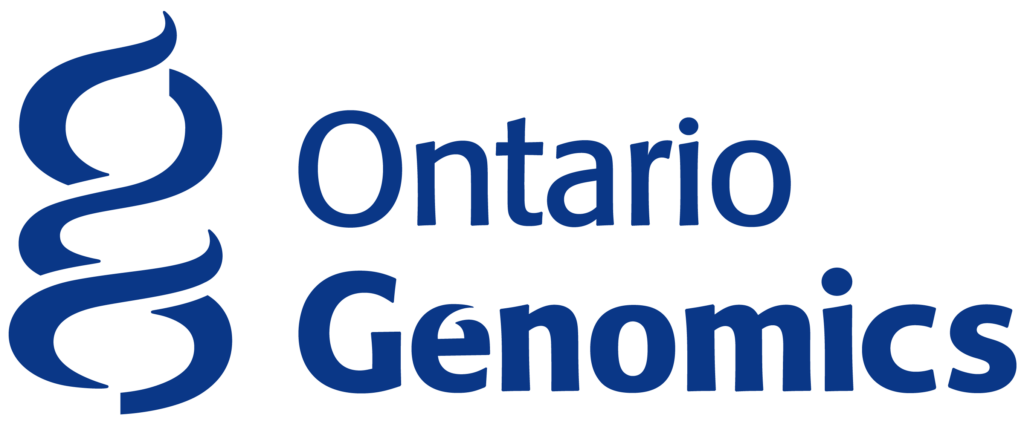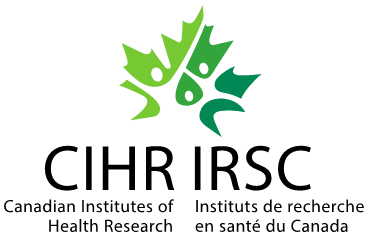With increasing adoption of high-throughput sequencing technologies to infectious disease surveillance and outbreak investigations, genomic epidemiology (combining pathogen genomics data with epidemiological investigations to track the spread of infectious diseases) is poised to change the practices of public health and infection controls and provides unprecedented amount of data for pathogen evolution studies.
This 2-part (2 x 3-day) course from CBW provides an introduction and hands-on practical tutorial for foundational pathogen genomics (Part 1 – Microbial Genomics) skills followed by applied application of this data to infectious disease epidemiology (Part 2 – Infectious Disease Genomic Epidemiology). The tutorials are designed as self-contained units that include example data and detailed instructions for installation of all required bioinformatics tools or access to publicly available web applications.
These workshops can be taken together or separately.
Over the course of both Infectious Disease Genomic Epidemiology and Microbial Genomics, participants will gain practical experience and skills to be able to:
● Understand high-throughput sequencing (HTS) platforms as applied to pathogen genomics and metagenomics sequencing
● Understand the value of data sharing and data curation in pathogen surveillance
● Analyze HTS data for pathogen surveillance and outbreak investigations
● Analyze antimicrobial resistance genes
● Detect emerging pathogens in metagenomics data
● Perform phylodynamic analysis
● Use different visualization tools for genomic epidemiology analysis
Graduates, postgraduates, staff bioinformaticians, laboratory technologists, medical microbiologists and PIs working with or about to embark on analysis of genomic and metagenomics data for epidemiological investigations. Open to all public health, hospitals, academia, industry or government affiliations.
You will require your own laptop computer. Minimum requirements: 1024×768 screen resolution, 2.4GHz CPU, 8GB RAM, 100GB free disk space, recent versions of Windows, Mac OS X or Linux (Most computers purchased in the past 3-4 years likely meet these requirements).
This workshop requires participants to complete pre-workshop tasks and readings.
Participants should be comfortable in Bash and R and/or Python, or have taken Pathogen Genomic Epidemiology.
Day 1: Data Curation/Emerging Pathogen Identification (Emma Griffiths / Aaron Petkau)
- Overview of data sharing platforms for pathogen surveillance data
- Importance of data curation to facilitate data sharing efforts
- Best practices in data curation and data sharing
- Overview of Pathogen Identification using metagenomics
- Bioinformatics tools for pathogen detection and identification
- Identify reference datasets or databases suitable for pathogen detection
- Wastewater surveillance
Day 2: Pathogen Typing/Outbreak Clustering/Pathogen considerations of pangenomes (Ed Taboada / Will Hsiao)
- SNVs analysis of bacterial pathogens
- Overview of Multi-locus Sequence Typing (MLST) and Whole-Genome or Core-Genome (WG/CG) -MLST analysis
- Concept of Nomenclature database and global surveillance
- Bacterial typing
- Publicly available MLST and WG/CG-MLST databases
- Assembly-based vs. Assembly-free MLST analysis
- Integration of epidemiological data for MLST analysis
Day 3: Phylodynamics/Integrated Assignment (Finlay Maguire)
- Overview of phylodynamics
- Timing events using phylogenies
- Inferring ancestral states
- Estimating epidemiological parameters
Keynote
Duration: 3 days
Start: May 05, 2025
End: May 07, 2025
Status: Application Open
Apply
Canadian Bioinformatics Workshops promotes open access. Past workshop content is available under a Creative Commons License.
Posted on:
 Download the poster announcing this workshop
Download the poster announcing this workshop



